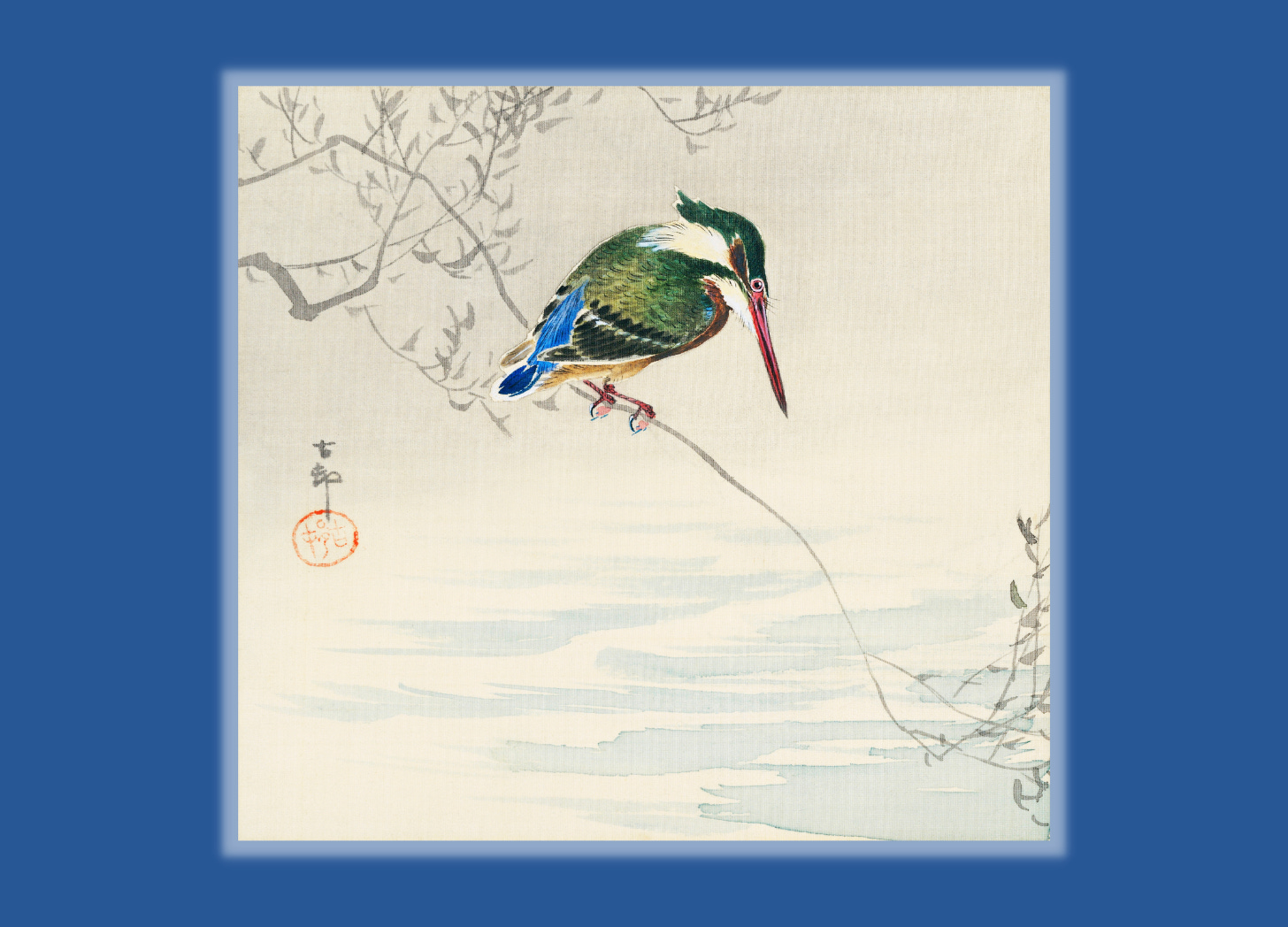The latest episode of Digital Jung is now available. Listen here:
In this week’s episode of Digital Jung, I take as my starting point a letter that Jung wrote in 1932 in which he refers to the notion of “our proper life-task.” Building on the hints in Jung’s letter I consider how we might understand this idea and what it would mean to take it seriously.
The first thing that is needed, I suggest, is to differentiate the sense of a “life-task” from our usual thinking about the nature of our work. We need to use a different kind of imagination to adequately understand what Jung is talking about with this idea. And this leads into considerations of such things as a sense of vocation or calling, the ways we hold ourselves back from what calls to us, and the relationship between our work and our identity.
As I say in the episode:
Our individuality, and by extension our life-task, emerges at the point where our peculiar nature meets the world. We could also put this the other way around and say: life is the testing ground that reveals to us who we are and what we might do.
One of the interesting mini-themes that has emerged so far in Season 3 of the podcast, is that of the symbol of the water bird. This has not been by design on my part. It is really a serendipitous development. In the first two episodes of the season the symbol of the swan played a prominent role. Here in Episode 4, it is the kingfisher who pays a visit.
In a story called The Orphan Boy and the Elk Dog, a part of which I tell in the episode, the main character, whose name is Long Arrow, meets a “spirit boy” who turns into a kingfisher and dives to the bottom of a lake, directing Long Arrow to follow him. Just like the swan earlier in the season, the kingfisher is a guide that connects the individual with the depths, with wisdom.
Water birds, of course, have an affinity for both the air and the water, and so they move easily between the conscious world above and the unconscious realm below. In the episode, I discuss this experience in relation to its importance for taking up one’s life-task.
I hope you enjoy this latest offering from Digital Jung. You can find it wherever you listen to your podcasts or simply by clicking this link: Imagining Our Proper Life-Task
Remainders
As usual, I had much more material than I could use. Here is a wonderful quote from Abraham Joshua Heschel which almost found its way into this week’s episode:
“No one will live my life for me, no one will think my thoughts for me or dream my dreams. In the eyes of the world, I am an average man. But to my heart I am not an average man. To my heart I am of great moment. The challenge I face is how to actualize the quiet eminence of my being.”
Thanks for listening, and take good care!





This episode speaks to my condition. I feel called to make my short films but not only is there no money in them, but I spend money to make them! Lately I'm thinking lots about capitalism and how it colors everything. It is the water I swim in. As you reflect here, the question of whether a life-call is valid is often determined by whether it can produce money. I'm working to reject this premise. It isn't easy. I appreciate your advocacy for imagination. Thank you for this episode.